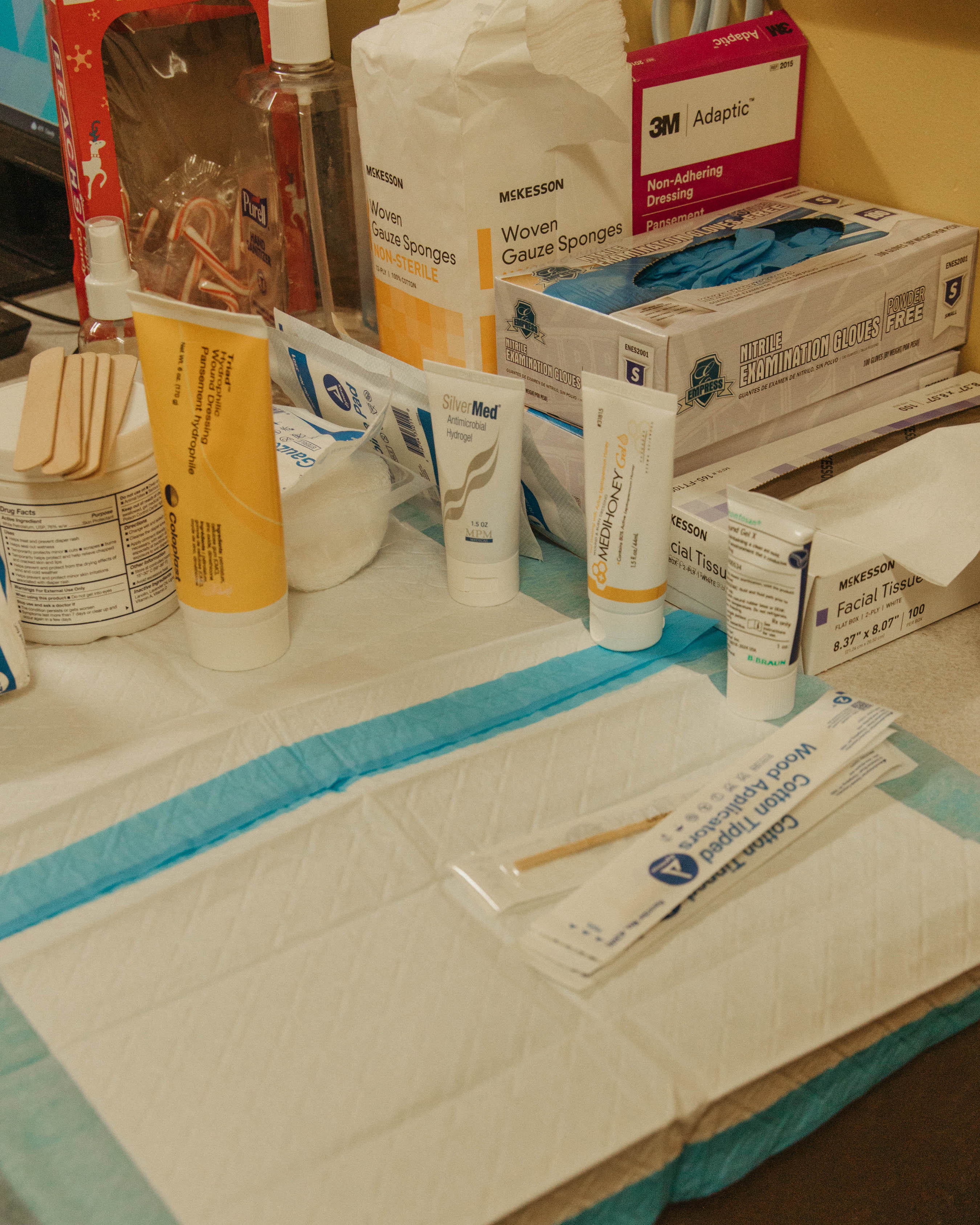
Photo: Cari Feiler Bender
Prevention Point Philadelphia is proud of our Wound Care Clinic team, who recently published a commentary in the Journal of Addiction Medicine entitled "Xylazine-associated Wounds: Clinical Experience From a Low-barrier Wound Care Clinic in Philadelphia".
The WCC served over 300 unique patients in FY2023. Many of these patients face painful wounds and infections resulting from the contaminated drug supply, but are reluctant to seek treatment at a traditional hospital setting due to stigma and the fear of withdrawal. Patients come to the WCC for the team's expertise, but also for the compassionate, non-judgmental, and welcoming environment they provide. Check out the abstract and read the entire piece here.
Abstract
The veterinary sedative xylazine is spreading in unregulated opioid supplies across North America. Among people who use drugs with repeated exposure to xylazine, a distinct wound type has emerged. Here, we describe these wounds and share our experience treating them in a nurse-led, low-barrier wound care clinic in Philadelphia, PA. We propose a reimagining of wound treatment across settings to better serve people who use drugs, and we advocate for stronger protections against the harms of an increasingly adulterated drug supply. Our perspective from the epicenter of the xylazine crisis can inform the response of communities across the country who are starting to face harms associated with xylazine.
